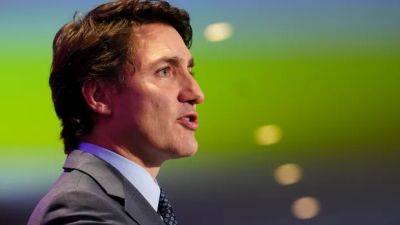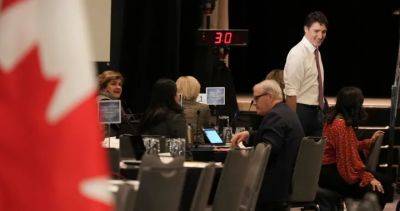Nunavut is about to sign a devolution deal. Here's how it worked in the Yukon and N.W.T.
A final devolution agreement, transferring responsibilities for Crown land and natural resources from the federal government to the Nunavut government, is being signed in Iqaluit Thursday afternoon.
The details of the milestone agreement aren't being made public until the document is signed by Prime Minister Justin Trudeau, Nunavut Premier P.J. Akeeagok and Nunavut Tunngavik Inc.
But there are some things we already know.
The federal government has gradually transferred responsibility for things like health, education, social services, housing and airports to the three territories since the 1960s. Devolving the responsibility for land and resources in Nunavut, currently held by the federal Department of Crown-Indigenous Relations and Northern Affairs Canada, is the next step.
It's a process that's already happened in the N.W.T. and Yukon.
Ken Coates, a professor of Indigenous Governance at Yukon University, said devolution is the «biggest single transition for an emerging government.» Nunavut became its own territory in 1999.
"[The territory decides] what land is for development, for mining, for forestry. You make sure you allocate land for residential purposes, commercial purposes, allocation to municipalities and communities," Coates said. «You have to then also manage the natural resources, and that's everything — that's not just mining, that's not just oil and gas, that's actually looking after the wildlife.»
A devolution negotiation protocol for Nunavut was signed back in 2008, and negotiations formally began in 2014. Canada, the Nunavut government and Nunavut Tunngavik Inc. reached an agreement-in-principal on devolution back in 2019. It wasn't legally binding, but it served as a stepping stone toward a final






